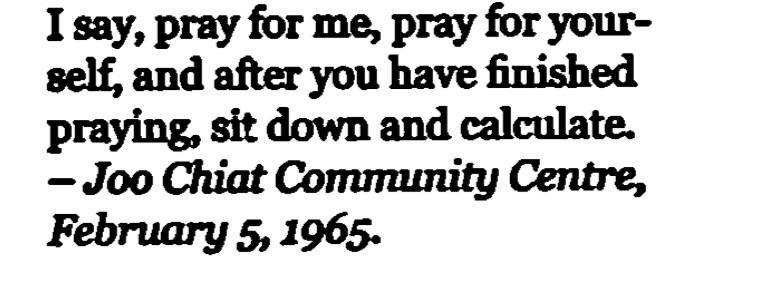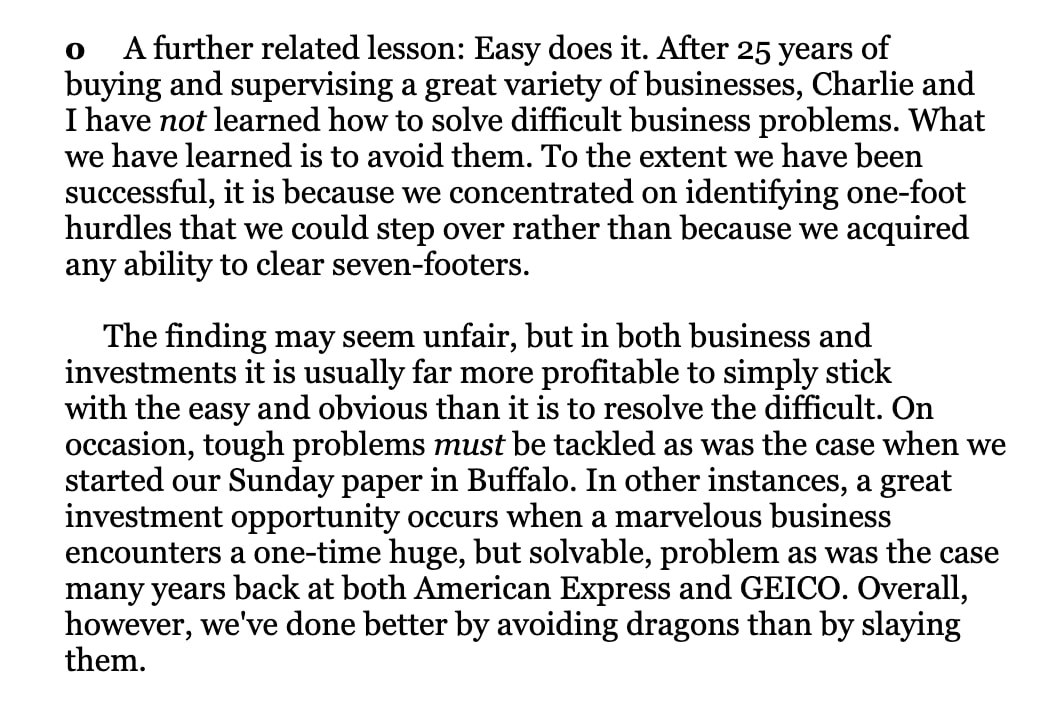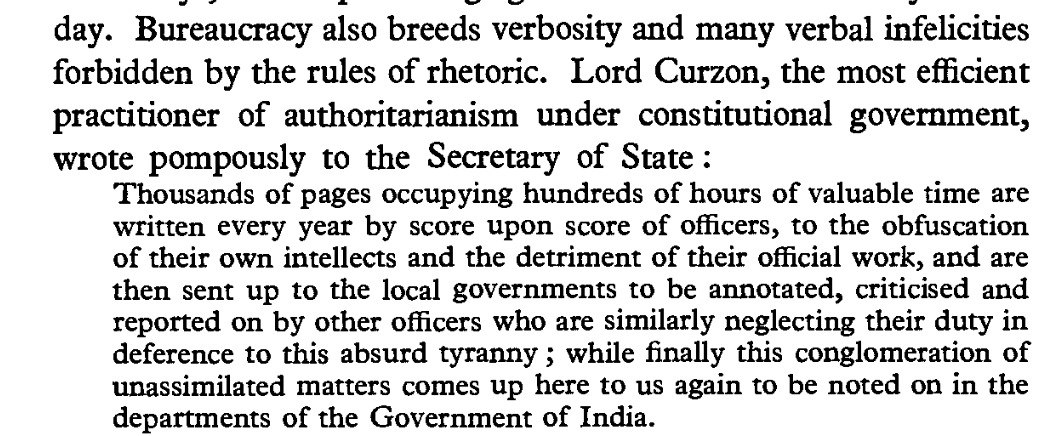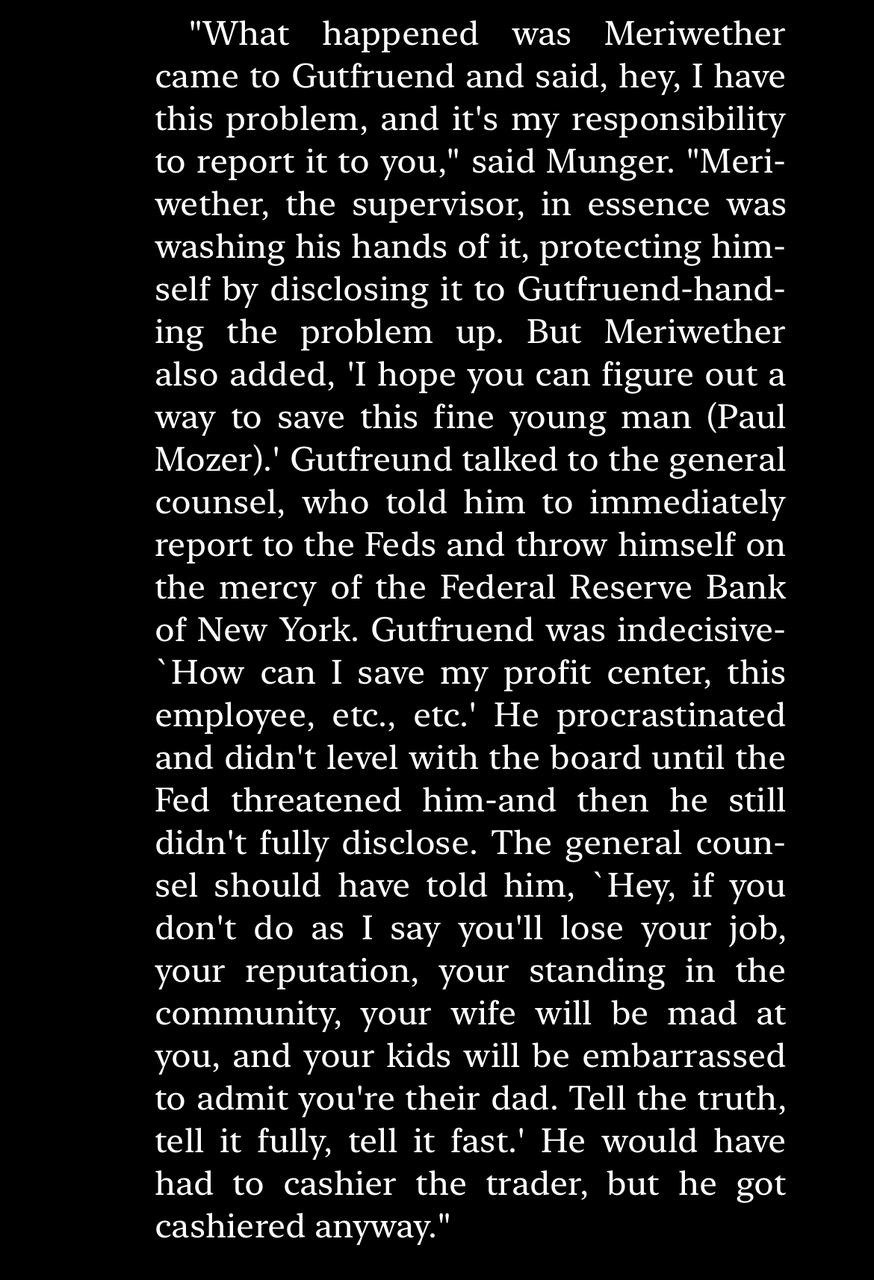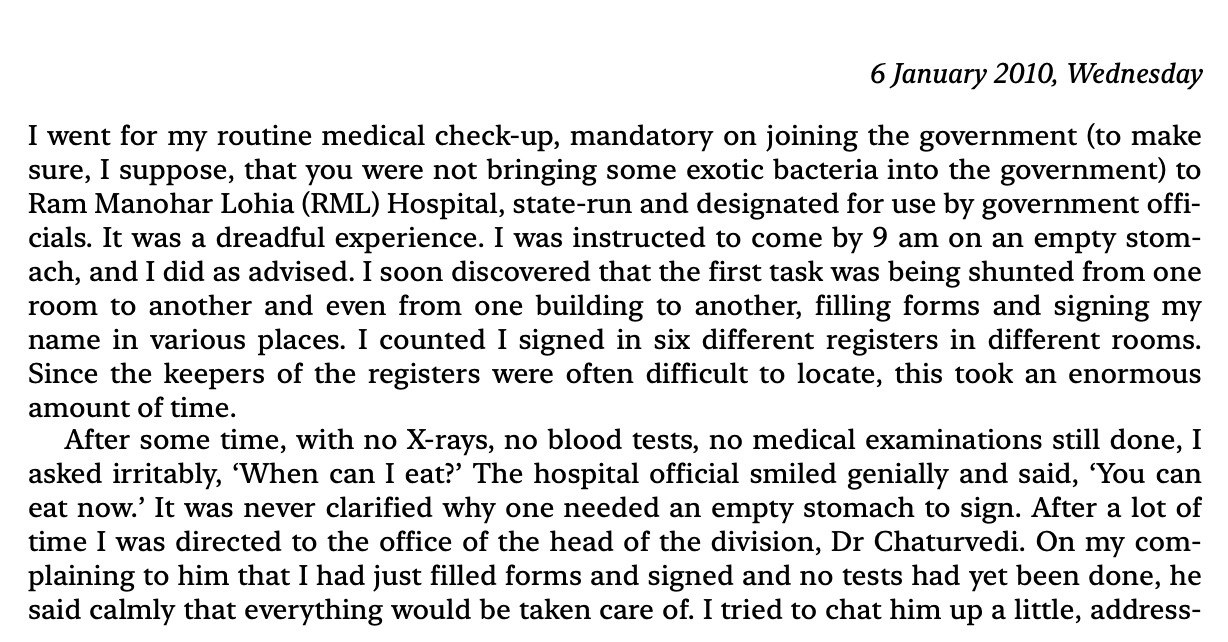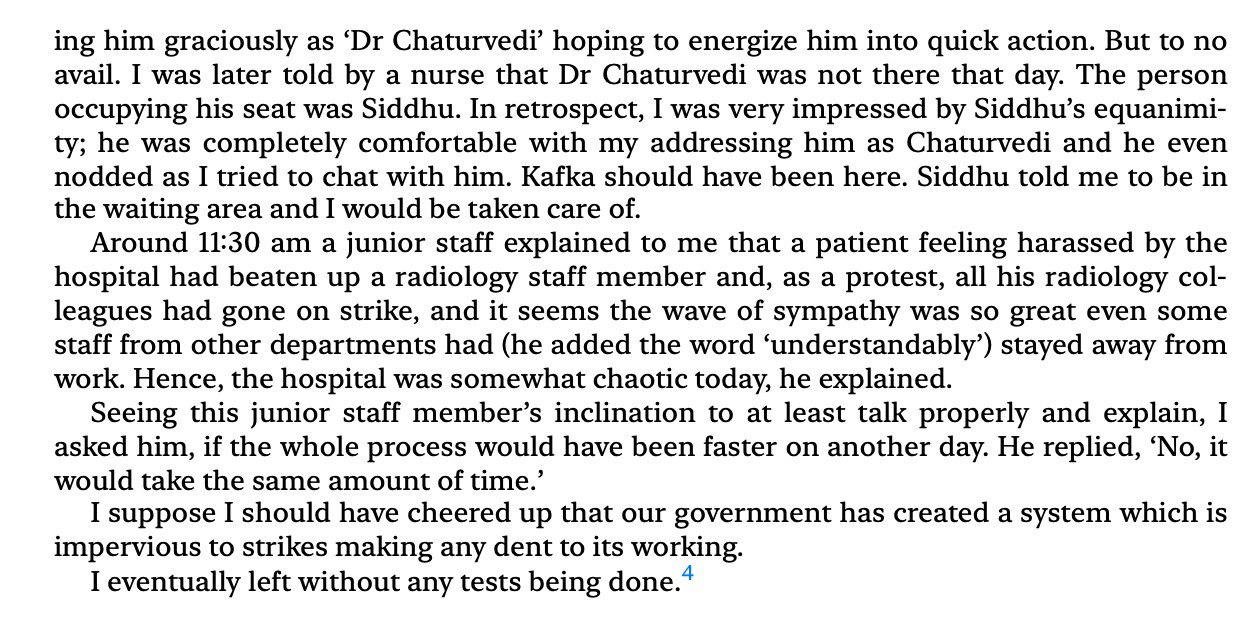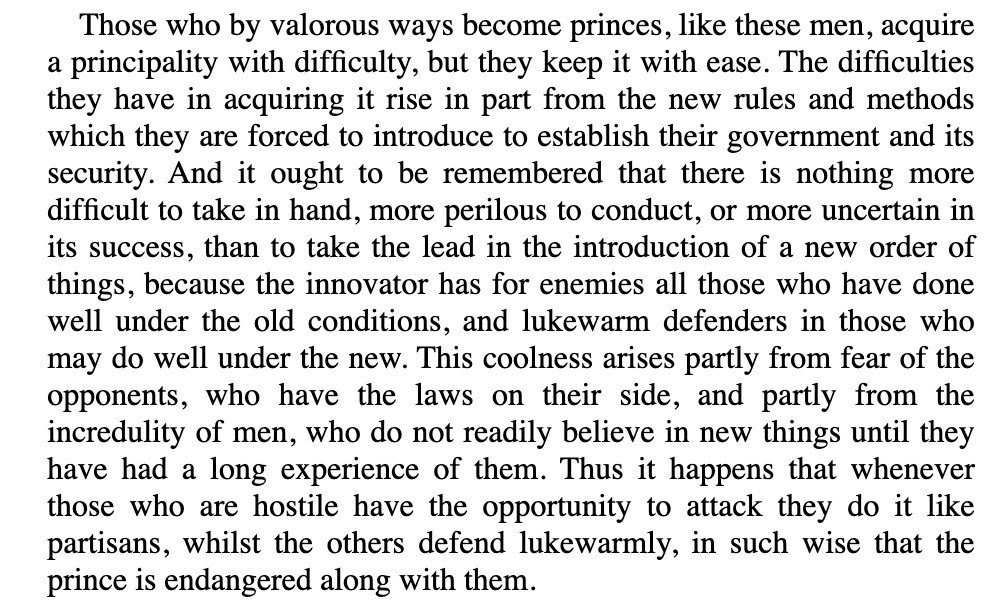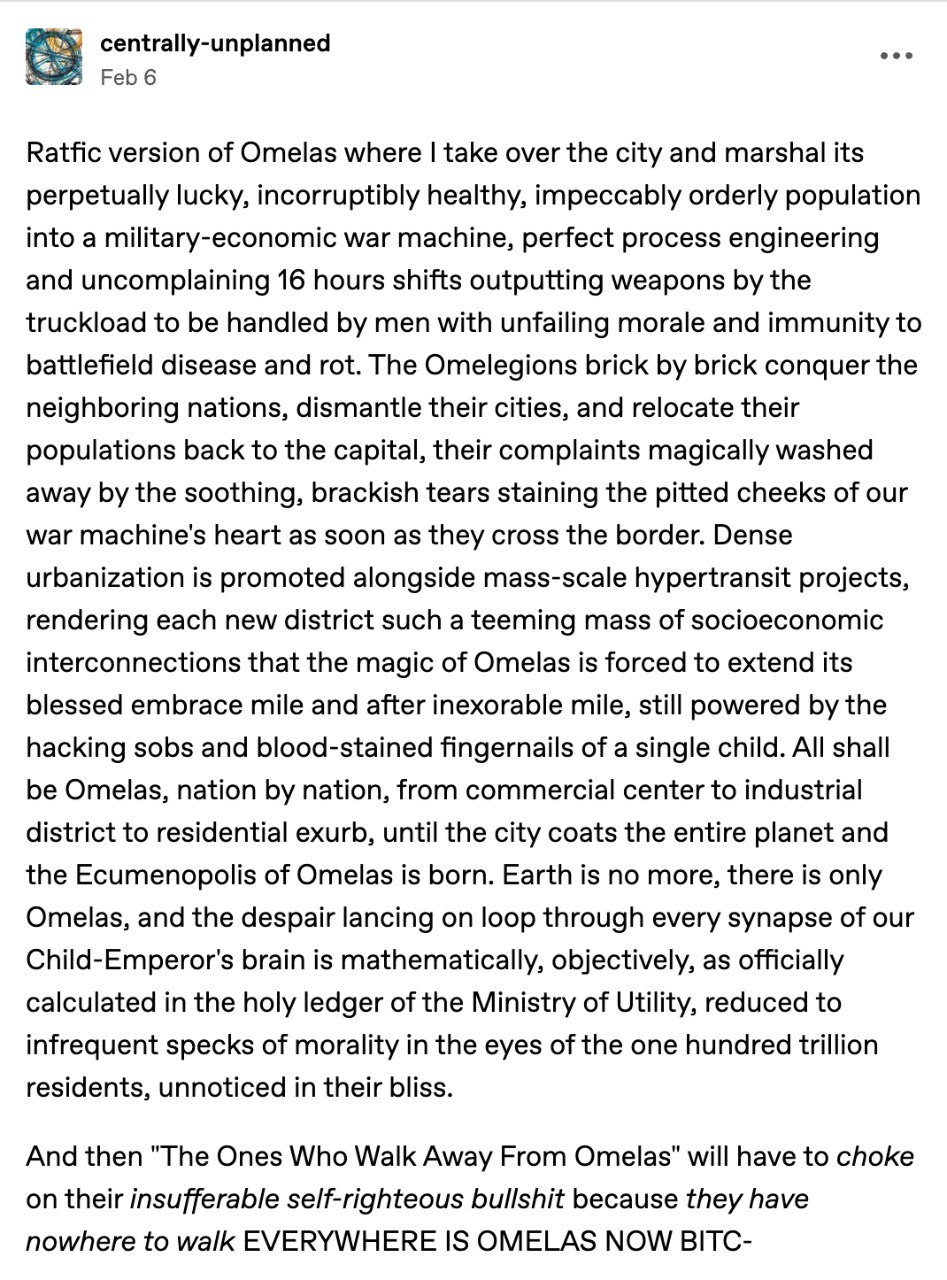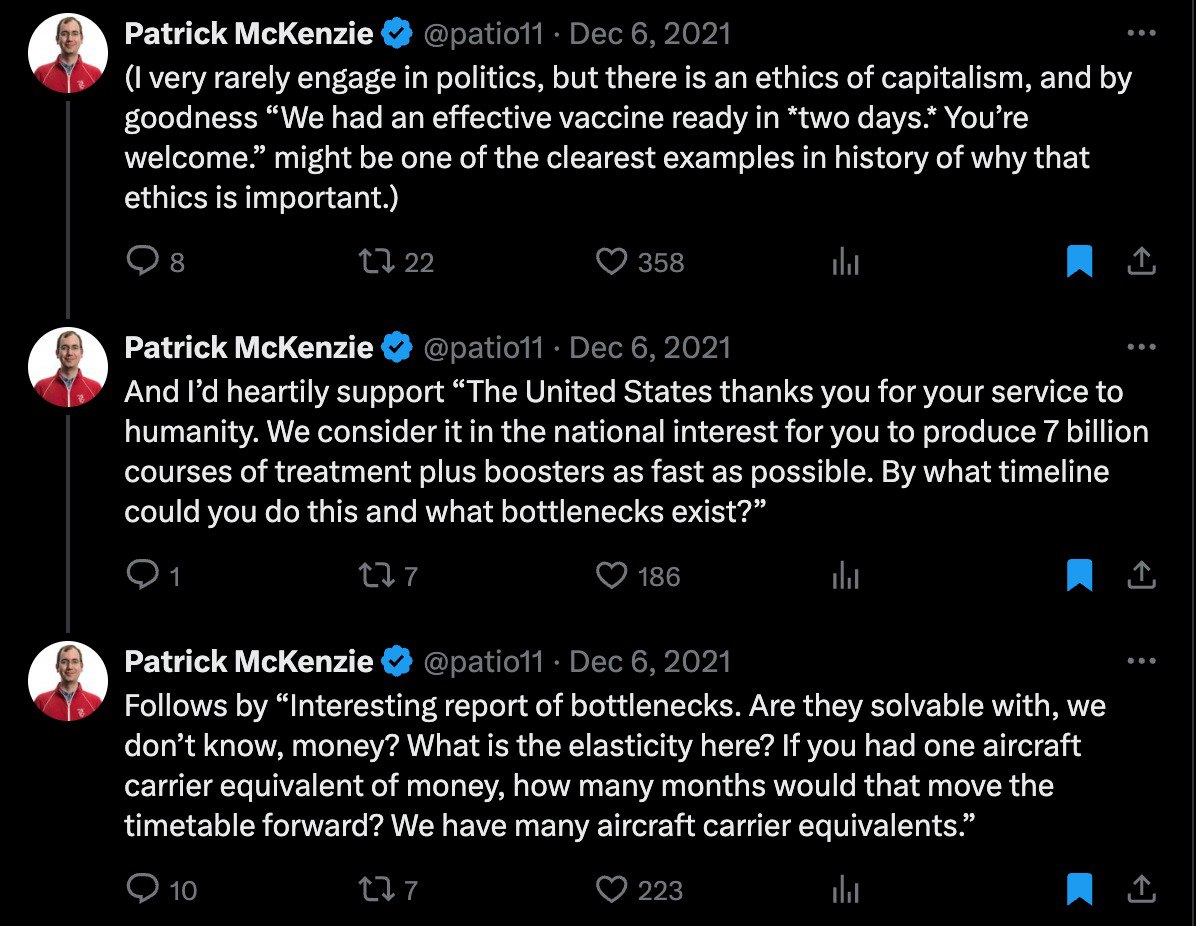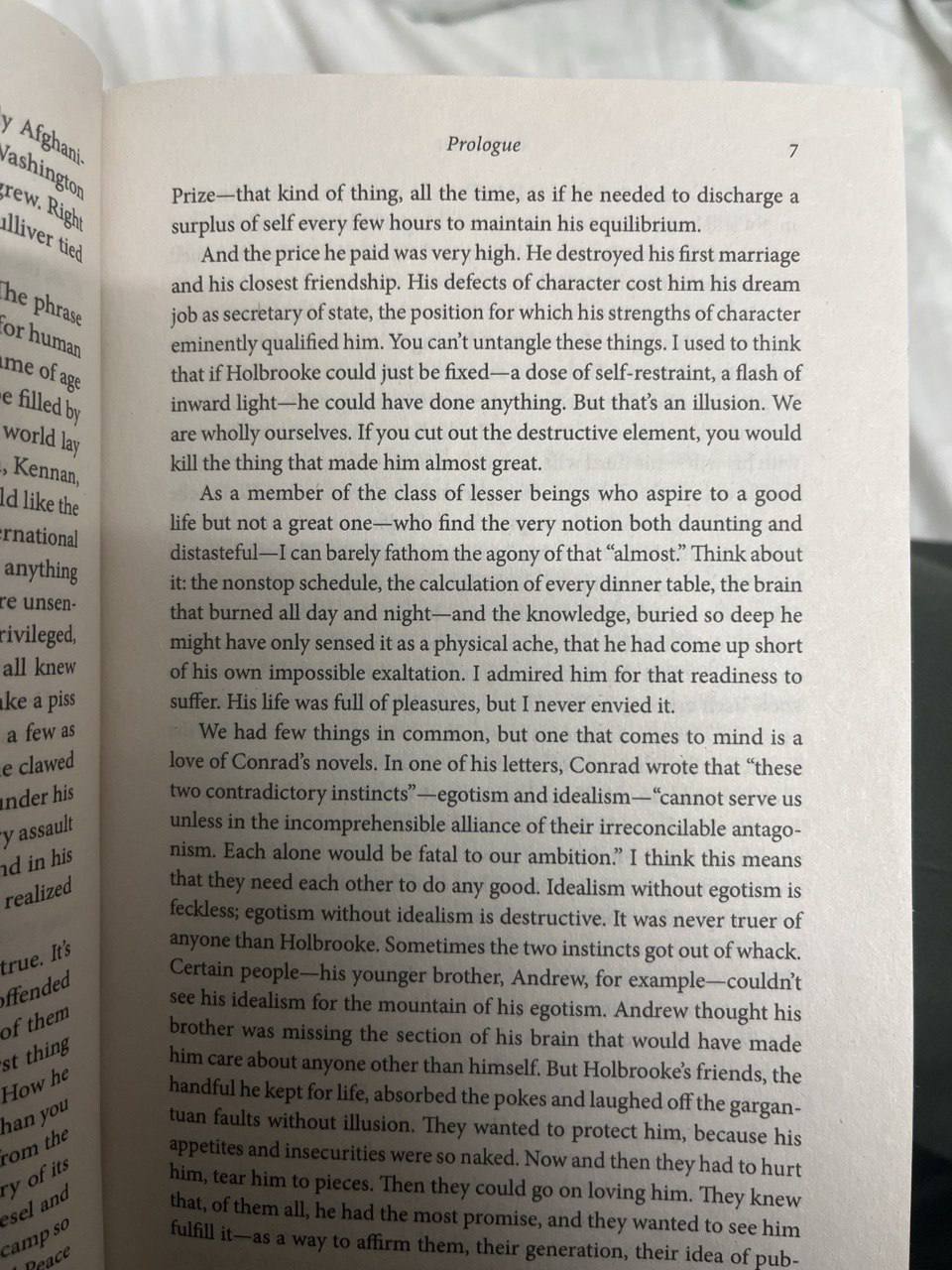Cook established exceedingly high expectations the first time he held an operations meeting of worldwide managers. In the weekly review, attendees went over what had gone wrong in the prior days, what needed to be fixed immediately, and what was coming up. These meetings were typically ninety minutes; sometimes they could stretch beyond two hours. On the day Cook took over, the weekly review went nearly thirteen hours. He insisted on a granular level of understanding and demanded fluency in the intricacies of every project. If a manager one week, in a lengthy presentation, projected that their team would ship 200,050 of something by Friday, Cook would remember. So the next week, if the manager said, “Yep, we met our numbers. We did two hundred thousand,” Cook would look at them and ask, with deadly seriousness: “And fifty?”
Not prepping for a meeting with Cook was a surefire way to embarrass yourself. If a manager was explaining a situation, saying, “Look, if we can charter a 747, our problem will be solved,” Cook would reply icily: “If?” A deafening silence would follow. The manager who thought they’d be getting a pat on the back at this point would stumble into an attempted answer. “Well, there’s demand worldwide for 747s, and we’re looking for one at the moment.” Cook would interject: “So you don’t have the 747 chartered?” The manager would look down, mumble something until Cook would follow up: “You didn’t know you were going to produce a hundred thousand units that week? Why wouldn’t you know that?”
From Apple in China
